Here’s your finalized blog post for Child OrthoCare, optimized for clarity, flow, and readability. It is well-structured and ready to be published on your website or shared via newsletter or social platforms.
A Foundation for Lifelong Strength and Health
Building Strong Bones in Childhood
Strong bones are the foundation of a healthy, active life. During childhood and adolescence, bones grow rapidly—reaching their peak strength in the teenage years. What children eat, how they move, and the habits they form during these years can significantly influence their lifelong bone health.
As a parent, you can take simple but powerful steps to help your child build bones that will support them well into adulthood.
Why Bone Health Matters During Growth
Children’s bones are constantly growing and remodeling. Most bone mass is built by age 18, making early years critical.
Without strong bone development, children are at risk for:
- Fractures from minor falls or sports
- Poor posture and spinal problems
- Bone conditions like rickets, osteopenia, or osteoporosis later in life
Strong bones in childhood = fewer orthopedic issues in adulthood.
Key Nutrients for Growing Bones
1. Calcium
Calcium is the primary building block for bones. It enhances bone density and supports the skeletal system.
Sources:
- Milk, yogurt, cheese
- Green leafy vegetables (spinach, kale)
- Almonds, tofu
- Fortified foods like cereals and orange juice
2. Vitamin D
Vitamin D helps the body absorb calcium. Without it, even a calcium-rich diet may not benefit bones.
Sources:
- Morning sunlight (10–20 mins daily)
- Eggs and fatty fish (salmon, tuna)
- Fortified dairy and cereals
- Supplements (if prescribed by a doctor)
3. Protein
Protein helps build bone tissue and strengthens the muscles that protect joints and bones.
Sources:
- Dairy, eggs, lentils, nuts
- Lean meats and legumes
4. Magnesium & Phosphorus
These minerals support bone structure and metabolism.
Sources:
- Whole grains, seeds, nuts
- Beans and legumes
Activities That Boost Bone Strength
Bone-building isn’t just about food—movement is essential.
Recommended Activities:
- Running, jumping, skipping, hopping
- Outdoor sports (football, tennis, basketball)
- Dancing, gymnastics, martial arts
- Walking and playing outside for at least 1 hour daily
Tip: Limit screen time. Movement matters more.
Daily Habits to Support Bone Health
Balanced Meals – Include calcium, vitamin D, and protein
Morning Sunlight – Encourage outdoor play daily
Adequate Sleep – 9–12 hours, depending on age
Hydration – Water supports tissue and bone health
Posture Awareness – Avoid slouching during study and screen time
When to Consult a Pediatric Orthopedic Specialist
Seek expert evaluation if your child experiences:
- Frequent bone or joint pain
- Fractures from minor bumps or falls
- Poor posture or spinal curving
- Short height or delayed milestones
- Persistent fatigue or weakness
These may point to nutrient deficiencies, developmental delays, or orthopedic conditions like rickets or osteopenia.
Final Thoughts
Building strong bones during childhood doesn’t require complex steps—it’s about consistent healthy habits. With the right nutrition, regular movement, and routine checks, your child can enjoy a lifetime of strength, balance, and mobility.
Bone Health Support at Child OrthoCare
Concerned about your child’s bone strength, posture, or growth?
At Child OrthoCare, Dr. Nargesh Agrawal and our experienced pediatric orthopedic team offer early evaluation, personalized care, and complete support for your child’s musculoskeletal health.
Book a Bone Health Check-Up Today
Visit: www.childorthocare.online/contact
Or call us directly for expert care.
Let’s build a stronger future—one healthy bone at a time.
Would you like a shorter version for social media, a parent checklist, or a newsletter summary for this blog?






